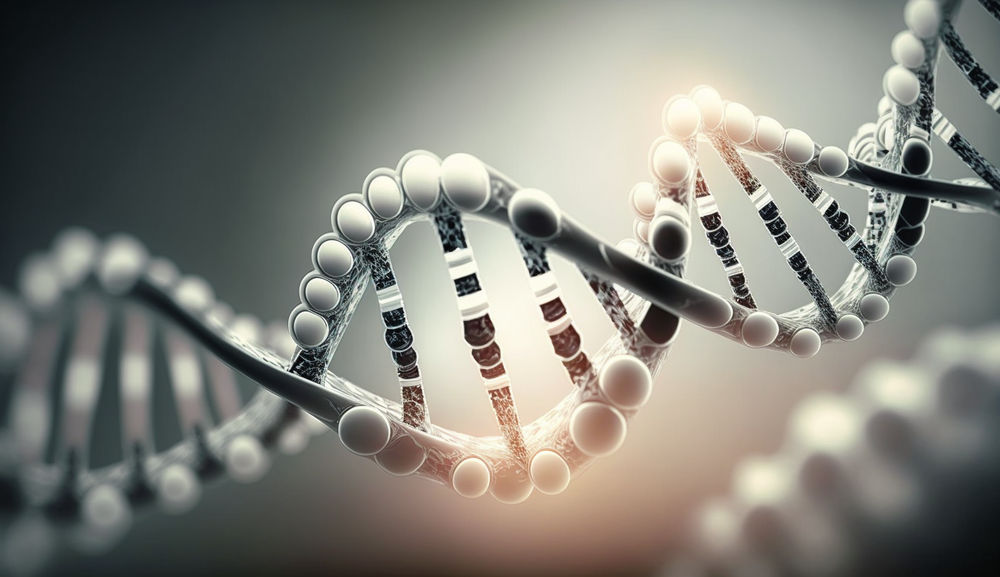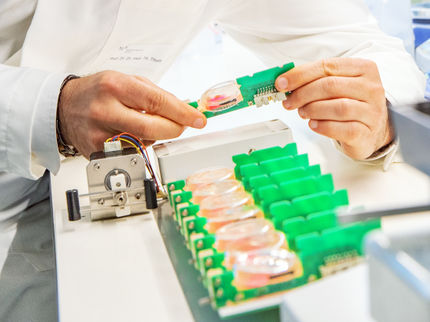AMT Makes Advance in the Development of its Gene Therapy for Hemophilia B
Company Accesses Technology to Prevent Immune Response
Advertisement
Amsterdam Molecular Therapeutics announced that it obtained a license from 'TIGET' San Raffaele Telethon Institute For gene therapy, Italy, to use their micro-RNA technology to prevent immune responses against gene therapy for hemophilia B. This technology enables AMT to accelerate the development of AMT-060 (AMT's AAV-based gene therapy for this seriously debilitating disease).
Ronald Lorijn, CEO of AMT said: "We are very excited to have licenced this groundbreaking technology, which has been shown to prevent immune responses effectively. Access to TIGET's micro-RNA technology perfectly complements our gene therapy approach to cure hemophilia B with a single treatment."
TIGET is very satisfied as this agreement represents an important development of the discoveries made by Prof. Luigi Naldini, Co-Director of TIGET and his collaborator Dr. Brian Brown, and that it will foster further industrial collaborations aimed at moving these innovative solutions from the research to the clinic.
Luigi Naldini and Brian Brown of TIGET have demonstrated in mouse models that naturally occurring micro-RNAs can be exploited to stringently regulate the expression of genes delivered by vectors used in gene therapy. With this approach expression of the Factor IX gene can be selectively blocked by AMT in immune stimulating cells thus preventing the development of an immune response, and thereby enabling full effectiveness of the gene therapy for Hemophilia B.
Other news from the department research and development
Most read news
More news from our other portals
See the theme worlds for related content
Topic world Gene therapy
Genetic diseases once considered untreatable are now at the center of innovative therapeutic approaches. Research and development of gene therapies in biotech and pharma aim to directly correct or replace defective or missing genes to combat disease at the molecular level. This revolutionary approach promises not only to treat symptoms, but to eliminate the cause of the disease itself.

Topic world Gene therapy
Genetic diseases once considered untreatable are now at the center of innovative therapeutic approaches. Research and development of gene therapies in biotech and pharma aim to directly correct or replace defective or missing genes to combat disease at the molecular level. This revolutionary approach promises not only to treat symptoms, but to eliminate the cause of the disease itself.


























































